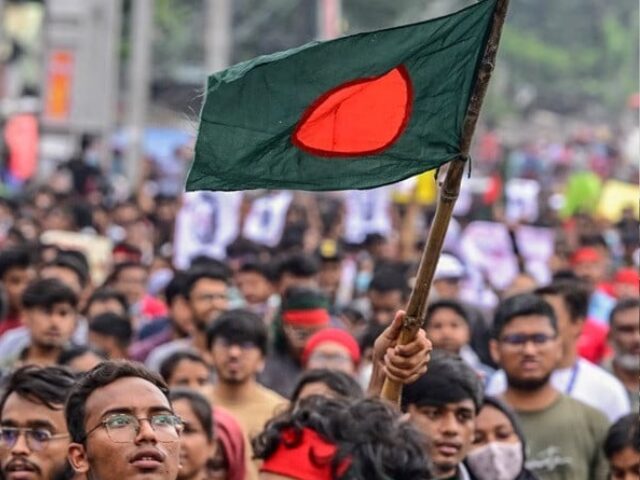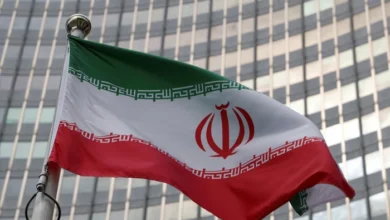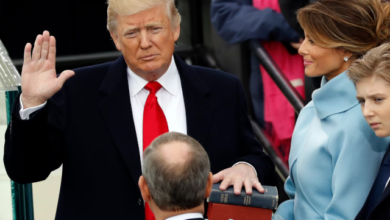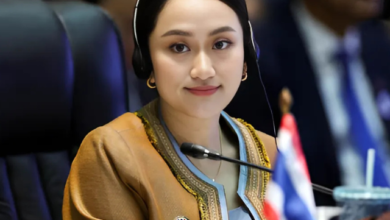Bangladesh’s Supreme Court has stayed a High Court ruling that declared “Joy Bangla” the country’s national slogan, effectively halting its recognition as such.
The Appellate Division, led by Chief Justice Syed Refaat Ahmed, passed the order following a petition filed by the interim government, which challenged the High Court verdict.
The court’s decision has immediate effect, with Additional Attorney General Aneek R Haque confirming that “Joy Bangla” would no longer be considered the national slogan.
The High Court had previously ruled on March 10, 2020, that “Joy Bangla” should be recognised as the national slogan and used in all state functions and academic institution assemblies.
The decision was met with government opposition, which argued that the designation of a national slogan was a matter of policy and not within the judiciary’s purview.
In the wake of the Appellate Division’s stay, Haque explained that the ruling was made because such decisions are typically within the scope of government policy, and the judiciary should not interfere.
The decision also aligns with the interim government’s stance.
On August 13, the government advisory council had announced that there would be no national holiday on August 15, deviating from the previous national observance.
The slogan, widely associated with the country’s 1971 Liberation War and coined by Sheikh Mujibur Rahman, the founding leader of Bangladesh, was politically significant.
Rahman’s daughter, Sheikh Hasina, who served as Prime Minister until her ousting on August 5 this year, had also championed its use.
After Sheikh Hasina’s removal following protests against her government, the interim administration challenged the High Court’s decision.
Officials argued that recognising a national slogan is an exclusive policy prerogative of the government, not the judiciary.
The case has reignited political debate over national symbols, especially as the slogan remains tied to Sheikh Mujibur Rahman’s legacy.
It also mirrors a similar Supreme Court decision earlier this month when the court stayed a High Court order making August 15, the anniversary of Rahman’s assassination, a public holiday.
The ruling underlines a broader effort by the interim government to assert authority over symbolic and policy-driven decisions







